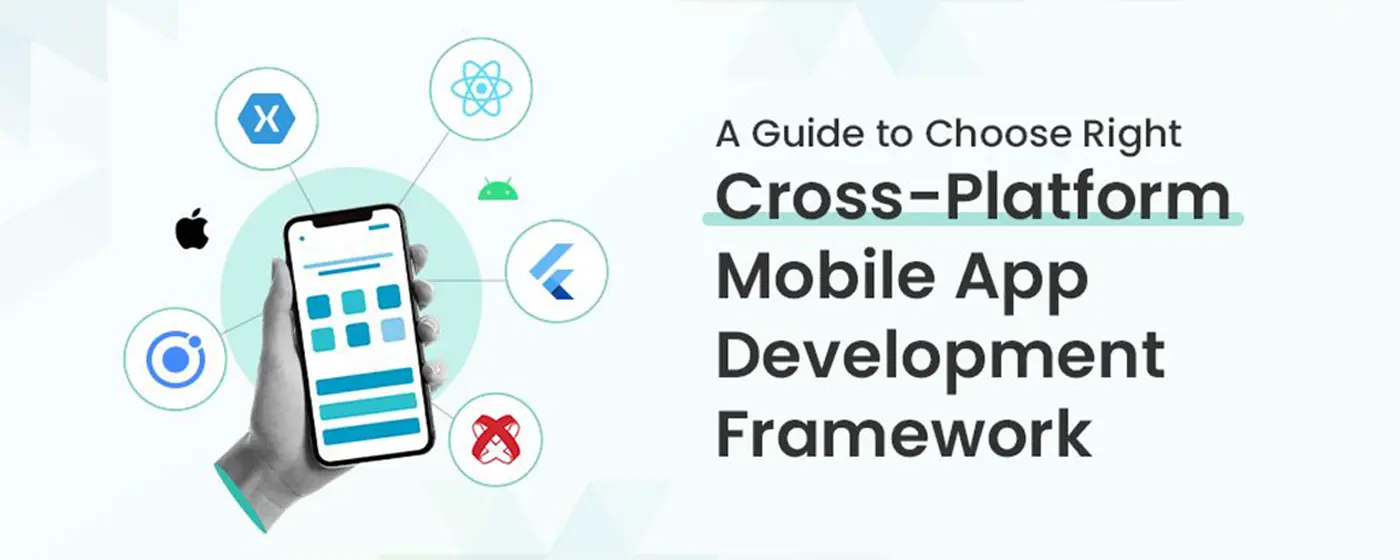In today’s mobile-first world, businesses are increasingly relying on mobile apps to reach and engage their target audiences. However, with a growing number of platforms available, the decision of which platform to develop for—iOS, Android, or both—can be a significant challenge. Cross-platform mobile app development has emerged as a viable solution, enabling developers to create a single app that runs on multiple platforms. This blog explores the challenges and benefits of cross-platform mobile app development, helping you understand when and why it might be the right approach for your next app.
What is Cross-Platform Mobile App Development?
Cross-platform mobile app development refers to the practice of building apps that can run on multiple operating systems (OS) with a single codebase. This contrasts with native app development, where separate codebases are required for each platform, such as one for iOS and one for Android. Technologies like React Native, Flutter, and Xamarin allow developers to write one codebase and deploy it across both iOS and Android platforms.
The Benefits of Cross-Platform Mobile App Development
- Cost-Effective: Developers write a single codebase for both iOS and Android, saving significant development and maintenance costs compared to building separate native apps.
- Faster Time-to-Market: A unified codebase enables faster updates and a quicker launch, giving businesses a competitive edge.
- Wider Audience Reach: Cross-platform apps reach both iOS and Android users, expanding the app’s potential market.
- Easier Maintenance and Updates: A single codebase allows developers to fix bugs and push updates across all platforms simultaneously, simplifying maintenance.
- Consistent User Experience: Using the same codebase ensures that the app’s design, performance, and functionality are consistent across platforms.
The Challenges of Cross-Platform Mobile App Development
- Performance Issues: Cross-platform apps might not match the speed and responsiveness of fully native apps, especially in resource-intensive cases.
- Limited Access to Native Features: Accessing specialized native device functionalities can sometimes require custom native modules, increasing complexity.
- UI/UX Limitations: It can be challenging to match the native design guidelines for both iOS and Android perfectly in a single app.
- Debugging and Testing Challenges: Testing needs to cover both platforms thoroughly, requiring more time and attention to detail.
- Longer Development Cycle for Complex Apps: For apps with complex functionality, cross-platform development may require more effort than native development.
When to Choose Cross-Platform Development?
- Startups and Small Businesses: Ideal for businesses with limited budgets needing apps for both iOS and Android.
- MVP Development: Perfect for building a Minimum Viable Product quickly to test an idea across both platforms.
- Content-driven Apps: Suitable for apps focused on delivering content like news, blogs, or media without requiring complex native functionalities.
Conclusion
Cross-platform mobile app development offers many advantages, including cost efficiency, faster time-to-market, and broader reach. However, it’s important to carefully weigh these benefits against challenges like potential performance trade-offs and UI/UX compromises. By understanding your business goals, audience needs, and project complexity, you can determine if cross-platform development is the right choice for you.
At AppMeddy IT Solutions, we specialize in delivering high-quality cross-platform mobile apps that offer optimal performance and a seamless user experience. Our expert developers use frameworks like React Native and Flutter to create apps that perform smoothly across both iOS and Android. Contact us today to bring your app idea to life!





